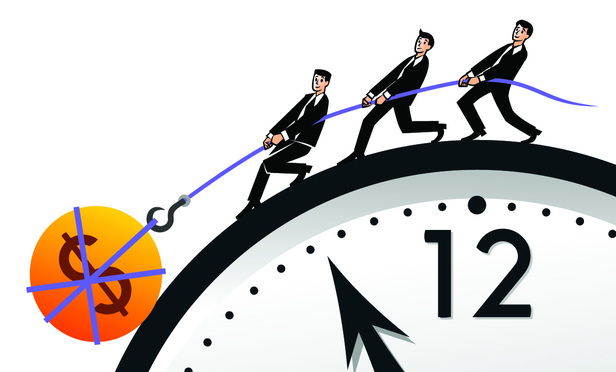Technology-assisted review (sometimes referred to as “predictive coding”) is earning a well-deserved reputation for its ability to reduce the time and cost of e-discovery review in complex legal matters. What many lawyers may not realize, however, is that it is almost never too late for TAR. This is especially true of the newer “TAR 2.0″ systems that are faster, more flexible and practical for a wide range of cases. Even when started midway through a relatively small, technical review, TAR’s impact can still be dramatic.
We saw this firsthand in a recent case in which we represented a generic pharmaceutical manufacturer that had been sued for patent infringement by a major brand-name pharmaceutical company. The plaintiff claimed that our client’s generic products infringed its patents.



